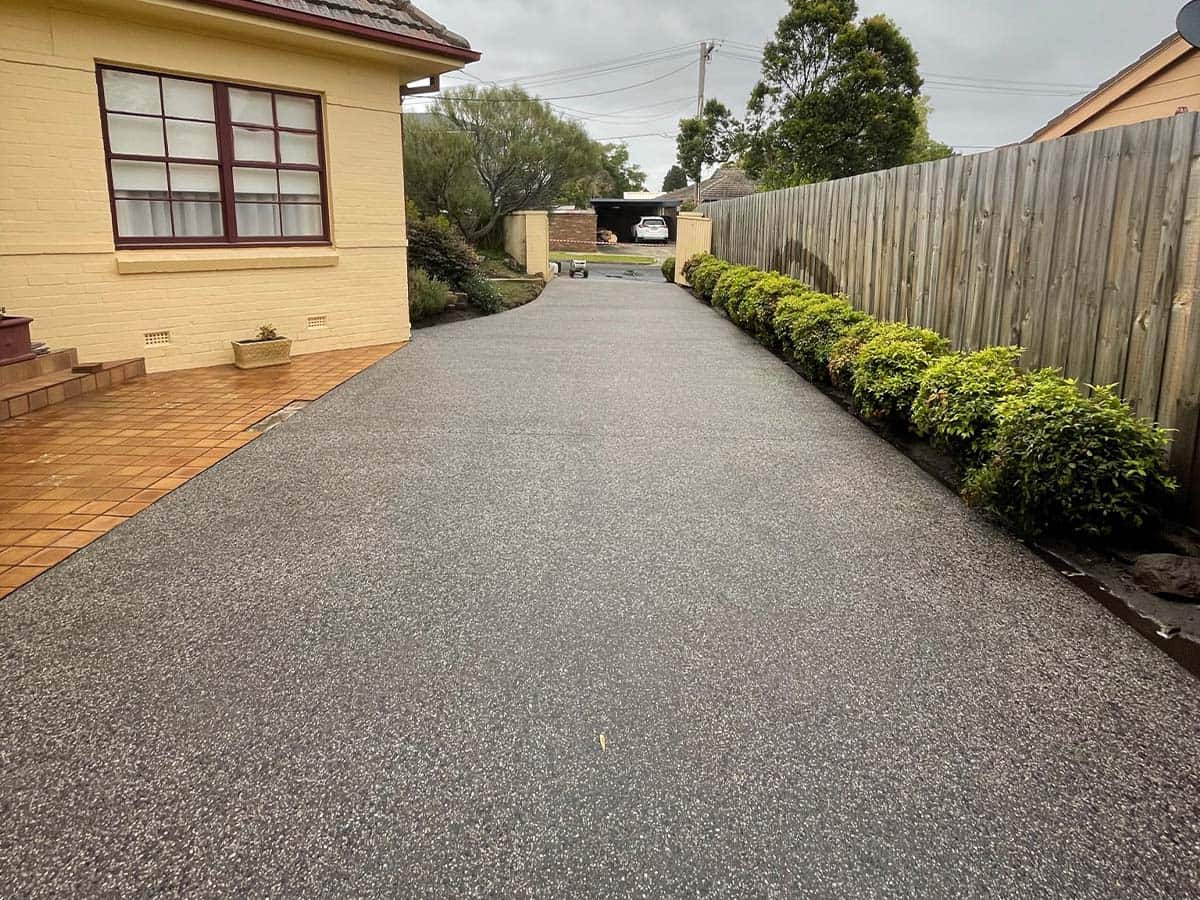Why Select Our Concrete Solutions: Excellence in Every Pour
Why Select Our Concrete Solutions: Excellence in Every Pour
Blog Article
Introducing the Eco-Friendly Advantages of Using Recycled Concrete in Sustainable Building And Construction Practices
In the realm of sustainable construction techniques, the use of recycled concrete stands as a critical yet usually underestimated source. Beyond its traditional applications, recycled concrete offers a myriad of green benefits that extend far beyond the boundaries of standard building and construction products.
Environmental Advantages
By integrating recycled concrete into building and construction practices, there is a significant decrease in the requirement for brand-new raw products, leading to conservation of all-natural resources. In addition, the use of recycled concrete lessens the amount of waste being sent to land fills, thus decreasing ecological air pollution and relieving the stress on landfill capacities (Concrete).

Additionally, the production of traditional concrete is a substantial resource of carbon discharges because of the energy-intensive process of concrete production. In comparison, recycled concrete has a lower carbon footprint as it reduces the demand for brand-new concrete manufacturing. This reduction in carbon discharges contributes to mitigating climate modification and supports sustainable building methods. Generally, the ecological advantages of making use of recycled concrete are significant and play an important function in promoting eco-friendly construction methods.
Cost-Efficiency
Accomplishing cost-efficiency is a vital consideration when assessing the usage of recycled concrete in building and construction tasks. One of the vital benefits of using recycled concrete is its cost-effectiveness compared to standard concrete. The production of recycled concrete entails much less power and resources as it utilizes existing materials, lowering the overall job prices considerably. Furthermore, the accessibility of recycled concrete locally can further reduce transportation expenditures, making it a much more affordable option for construction jobs.
Moreover, using recycled concrete can lead to financial savings in garbage dump costs by drawing away concrete waste from disposal sites. This not only minimizes the ecological influence however likewise eliminates the prices associated with waste elimination. The resilience and efficiency of recycled concrete are equivalent to conventional concrete, ensuring that price savings do not compromise the high quality of the building.
Toughness and Strength
Recycled concrete deals similar, if not superior, toughness and toughness buildings to typical concrete - Concrete. With developments in processing techniques and top quality control, recycled concrete Get More Info can fulfill or surpass the performance standards of conventional concrete.

Waste Decrease
Effective waste decrease techniques play an important duty in the sustainable usage of resources within the construction market. Waste decrease is a key benefit that adds considerably to environmental conservation when it comes to using recycled concrete. Typical building approaches commonly generate significant amounts of waste, especially in the kind of concrete rubble from demolition websites. By incorporating recycled concrete right into building and construction projects, this waste is repurposed and diverted from landfills, decreasing the total environmental effect of building and construction tasks.
Furthermore, the usage of recycled concrete can lead to set you back savings for building projects, as it is often extra budget-friendly than sourcing and transporting new products - Concrete. In final thought, waste reduction through my response the utilization of recycled concrete is a vital element of lasting construction techniques that profits both the setting and the construction sector as a whole.
Energy Conservation
When it comes to using recycled concrete in construction, significant power savings are achieved compared to conventional concrete manufacturing. The process of creating recycled concrete entails crushing and recycling existing concrete materials, which consumes much less energy than mining, handling, and delivering raw materials for brand-new concrete manufacturing.
Final Thought
To conclude, the use of recycled concrete in lasting building and construction practices offers various environmental advantages, cost-efficiency, durability, toughness, waste reduction, and power conservation. By including recycled concrete into building jobs, we can add to a much more lasting and environmentally friendly future. It is important for the building industry to focus on using recycled materials to assist lower the ecological impact of building tasks.
One of the vital benefits of utilizing recycled concrete is its cost-effectiveness compared to traditional concrete.Furthermore, the usage of recycled concrete can lead to financial savings in garbage dump expenses by drawing away concrete waste from disposal websites. The resilience and performance of recycled concrete are similar to traditional concrete, ensuring that cost savings do not jeopardize the quality of the building.
:max_bytes(150000):strip_icc()/pouring-concrete-slab-5025127_Hero-347297eb7a1f436691f9a1f22b6e1833.jpg)
Report this page